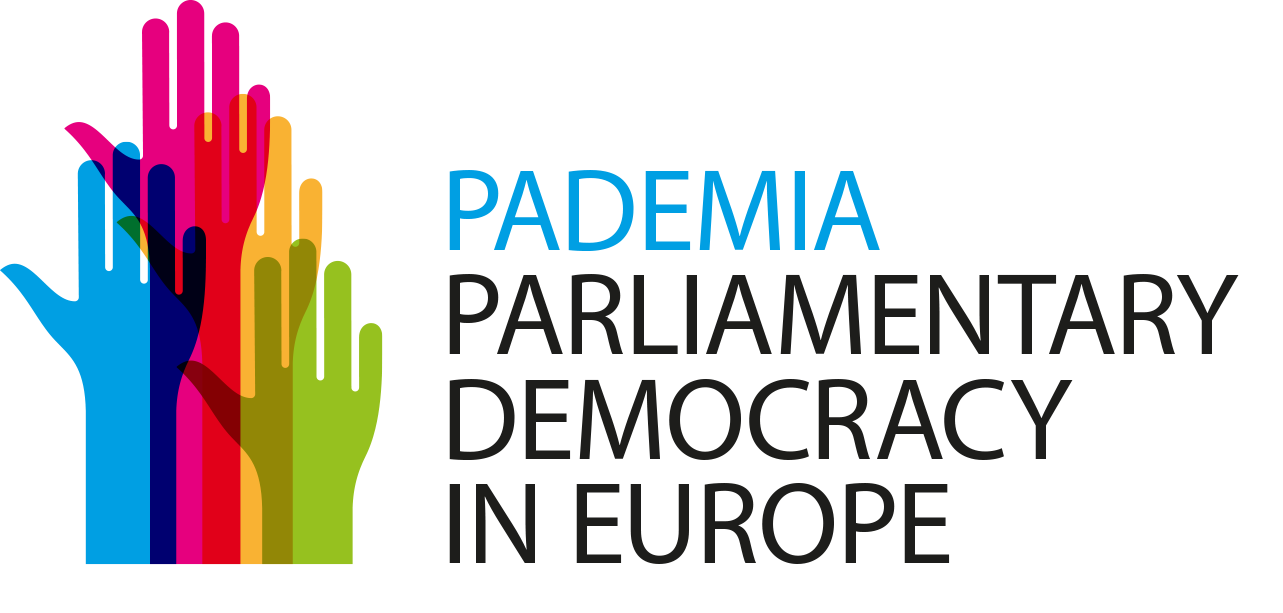This is a cross-cutting work package that aims to theoretically address and empirically identify the challenges posed to parliamentary representation by the current financial and debt crisis. From shifts in the balance of power between legislatures and governments or the outspread of anti-party sentiments, to the decline in party cohesion in legislative voting, the massive turnover of parliamentary composition in many recent elections and the emergence of an increasingly more radical parliamentary discourse, the economic crisis seems to have put a long-lasting mark on the role of parliaments and the parliamentarians as well as the strength of their institutional and individual power.
Many of these developments –already reported before 2008– have been accelerated by the economic crisis. Among the political consequences of the crisis, such as party system change, success for populist parties or government collapse, those related to the role of the parliaments run directly to the core of democratic rule. The weakening of parliamentary legislative or control power coupled with decline in levels of trust towards the parliamentarians –if confirmed– may severely damage traditional political representation mechanisms. Of course, such developments may also encourage new modes of representation, but this does not mean that they will be equally functional.
Identifying the modern challenges to political representation as well as their causes is the project’s main objective. The cross-cutting character of this work package means that its main aims are: (a) to ensure that all project findings are also properly evaluated over time or across countries to allow for comparisons with theoretical or empirical arguments made with reference to other time periods or to countries less severely hit by the financial crisis, and (b) to facilitate communication between the other five thematic packages; in practice, this means that this work package only involves a limited amount of self-standing activities but that most its work will be attached to the thematic work packages.
Dr Iannis Konstantinidis of the University of Macedonia acts as the coordinator of this work package. He will also organise the workshop on “The rise of political extremism in and out of parliaments” and put together a panel proposal on “The impact of financial crisis on perceptions of political corruption” for the 2015 ECPR General Conference.
